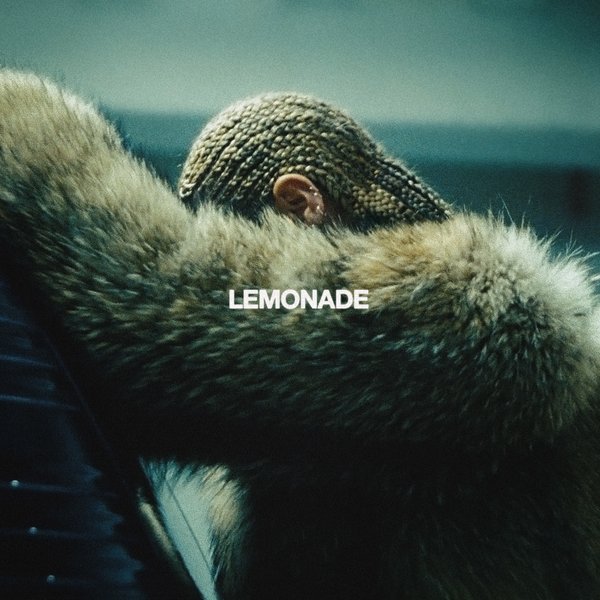By Rebecca Morin | [email protected]
On Sunday, I wore black because I thought I’d just attended Jay-Z’s funeral.
Beyoncé released Lemonade on April 23, her second visual album, which at first seemed like a cathartic album on Queen B’s relationship with her husband, rapper Jay-Z, and his alleged infidelity. The visual album aired on HBO as an hour-long special, and then was released on Tidal. It was made available on iTunes on midnight Sunday.
“You can taste the dishonesty. It’s all over your breath as you pass it off so cavalier,” are the first lines Beyoncé uttered in her hour-and-five-minute video.
There is no hiding the Queen’s pain in this album. She was disappointed, angry, hurt, and wondered what she could have done to keep him from seeking another partner — a sentiment that could be felt by anyone who has been cheated on.
Walking around in a yellow dress and tall black heels, Beyoncé beat and burned down a town, speaking to her husband, “Can’t you see there’s no other man above you?
What a wicked way to treat the girl that loves you.”
But the album went beyond Jay-Z’s infidelity.
Beyoncé touches on her black culture, the sisterhood between black women, and solidarity within the black community.
In a powerful ballad entitled “Forward”, several black activists including Sybrina Fulton, mother of Trayvon Martin, Gwen Carr, mother of Eric Garner, and Lesley McSpadden, mother of Michael Brown, are seen sitting with photos of their slain children.
“Forward. First foot first just in case, when we made our way ‘til now. It’s time to listen, it’s time to fight. Forward,” James Blake, who collaborated on the album, sang.
Quvenzhané Wallis, Serena Williams, and Amandla Stenberg were just a few celebrities that were also featured in the visual album.
There is even a clip of Malcom X speaking about black women: “The most disrespected person in America is the black woman. The most unprotected person in America is the black woman.”
Beyoncé’s self titled album — which she dropped in similar style to Lemonade — focused on the honeymoon phase of her marriage, highlighting her and Jay-Z’s sexual endeavors and self-love.
In just two years, though, you see how much wiser Beyoncé has become. I first thought this album was a way to get back at Jay-Z, that she was just venting and ready to divorce him.
Instead, Beyoncé showed forgiveness.
“My grandma said nothing real can be threatened. True love brought salvation back into me. With every tear came redemption, and my torturer became my remedy,” the Queen prefaced her song that would end up showing her and Jay-Z together, reconciled despite the anger and destruction from her earlier songs.
You see the ride that Beyoncé had to make, from the initial hurt to becoming an adult and overcoming the tribulations that she and Jay-Z faced. The two have been together over 10 years and have a daughter. No one can walk away from that easily.
Yes, the Queen Bee did trash her own husband — one of rap’s biggest name — to millions of fans and music listeners around the world. A man who has created a clothing line, had No. 1 hits, and created the platform in which Beyoncé released her album on, was called out for his indiscretions, and was then brought in to be in part of the videos, too.
This is the album Beyoncé fans have been waiting for.
You finally see her, the bride who was so in love with her husband; the pregnant woman embracing the large, round stomach; the mother who loved to see the bond between a father and a daughter; the forgiving spouse.
This is not a unique story. Beyoncé created an album to stand in solidarity with people who have experienced the same situation — especially within the black community.
But it was also a statement on forgiveness and how to move forward from a situation that can never be taken back, whether that is infidelity or whether it’s death. It’s about making the best out of a bad situation.
“I was served lemons,” Jay-Z’s grandmother, Hattie, said in a clip featured on the visual album. “But I made lemonade.”



